Libraries are as the shrines where all
the relics of the ancient saints, full of
true virtue, and that without delusion or
imposture, are preserved and reposed.
--Sir Francis Bacon, 1605, The Ad-
vancement of Learning.
I never come into a library (saith Hein-
sius) but I bolt the door to me, excluding
lust, ambition, avarice, and all such vices
whose nurse is idleness, the mother of
ignorance and melancholy herself; and in
the very lap of eternity, among so many
divine souls, I take my seat with so lofty
a spirit and sweet content that I pity all
our great ones and rich men that know
not their happiness.
--Robert Burton, 1621, Anatomy of
Melancholy.
My neighbors think me often alone,
and yet at such times I am in company
with more than five hundred mutes, each
of whom communicates his ideas to me by
dumb signs quite as intelligibly as any
person living can do by uttering of words;
and with a motion of my hand I can bring
them as near to me as I please; I handle
them as I like; they never complain of
ill-usage; and when dismissed from my
presence, though ever so abruptly, take
no offence.
--Laurence Sterne, 1775, Letters.
What a place to be in is an old library!
It seems as though all the souls of all the
writers that have bequeathed their labors
to the Bodleians were reposing her as in
some dormitory or middle state. . . . I
seem to inhale learning, walking amid their
foliage; and the odour of their old moth-
scented coverings is fragrant as the first
bloom of the sciential apples which grew
amid the happy orchard.
--Charles Lamb, 1820, Oxford in the
Long Vacation.
In my youthful days I never entered a
great library . . . . but my predominant
feeling was one of pain and disturbance
of mind, . . . Here, said I, are one hun-
dred thousand books, the worst of them
capable of giving me some pleasure and
instruction; and before I can have had
time to extract the honey from one-
twentieth of this hive, in all likelihood,
I shall be summoned away.
--Thomas DeQuincy, 1823-60, Letters
to a Young Man.
Were I to pray for a taste which should
stand me instead under every variety of
circumstances, and be a source of happi-
ness and cheerfulness to me during life,
and a shield against its ill, however things
might go amiss, and the world frown
upon me, it would be a taste for reading.
Give a man this taste, and the means of
gratifying it, and you can hardly fail of
making him a happy man. . . .You place
him in contact with the best society in
every period of history,--with the wisest,
the wittiest, the tenderest, the bravest,
and the purest characters who have a-
dorned humanity. You make him a deni-
zen of all nations, a contemporary of all
ages.
--Sir John Herschel, 1833, Address at
the Opening of the Eton Library.
Subscribe to:
Post Comments (Atom)
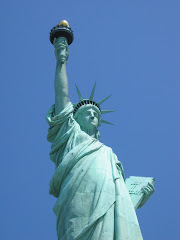



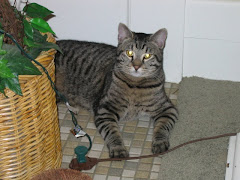
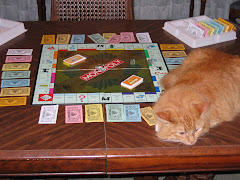
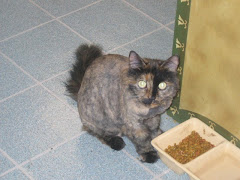
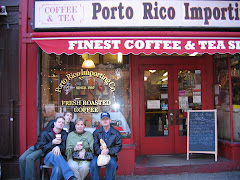
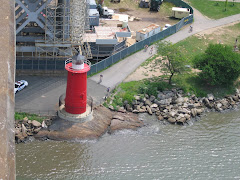

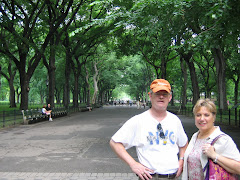



No comments:
Post a Comment